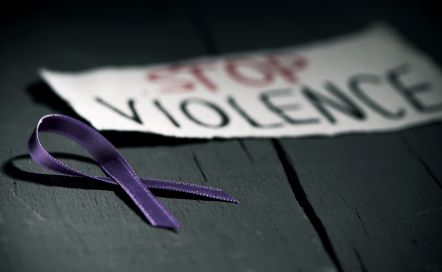Gender identity, gender-based violence and human rights
Gender equality is an essential aim for any society based on human rights, democracy and the rule of law. Gender equality concerns almost every aspect of social interaction and public policy, including youth policy and youth work. Every individual is directly and personally affected by issues relating to gender equality and gender-based violence.
However, discussing gender and gender-based violence can be difficult, as these discussions include concepts and terms which are not always clear, which may change over time, and which cut across different disciplines such as psychology, sociology, culture, medicine, law, education, activism or politics.
The baseline is that gender-based violence is a human rights violation and affects not only people who are directly targeted by it, but also the whole of society. The Spotlight Initiative of the United Nations and the European Union provides the following data1:

In addition:
- 1612 transgender people were killed in 62 countries between 2008 and 20142;
- almost half of the respondents to an EU LGBT survey stated that they had experienced discrimination or harassment because of their sexual orientation3.
These statistics show a little of the extent of gender-based violence, but it is important to note that most examples of the problem continue to go unreported. Acting against gender-based violence requires active involvement from state authorities, from institutions, NGOs and indeed from all members of society. Addressing the problem is a key task for youth work.
1The Spotlight Initiative of the United Nations and the European Union
2 Discrimination and violence against individuals based on their sexual orientation and gender identity. Report of the Office of the United Nations High Commissioner for Human Rights, 2015
3 EU LGBT survey: European Union lesbian, gay, bisexual and transgender survey. Results at a glance, Luxembourg: Publications Office of the European Union, 2013, p. 16







